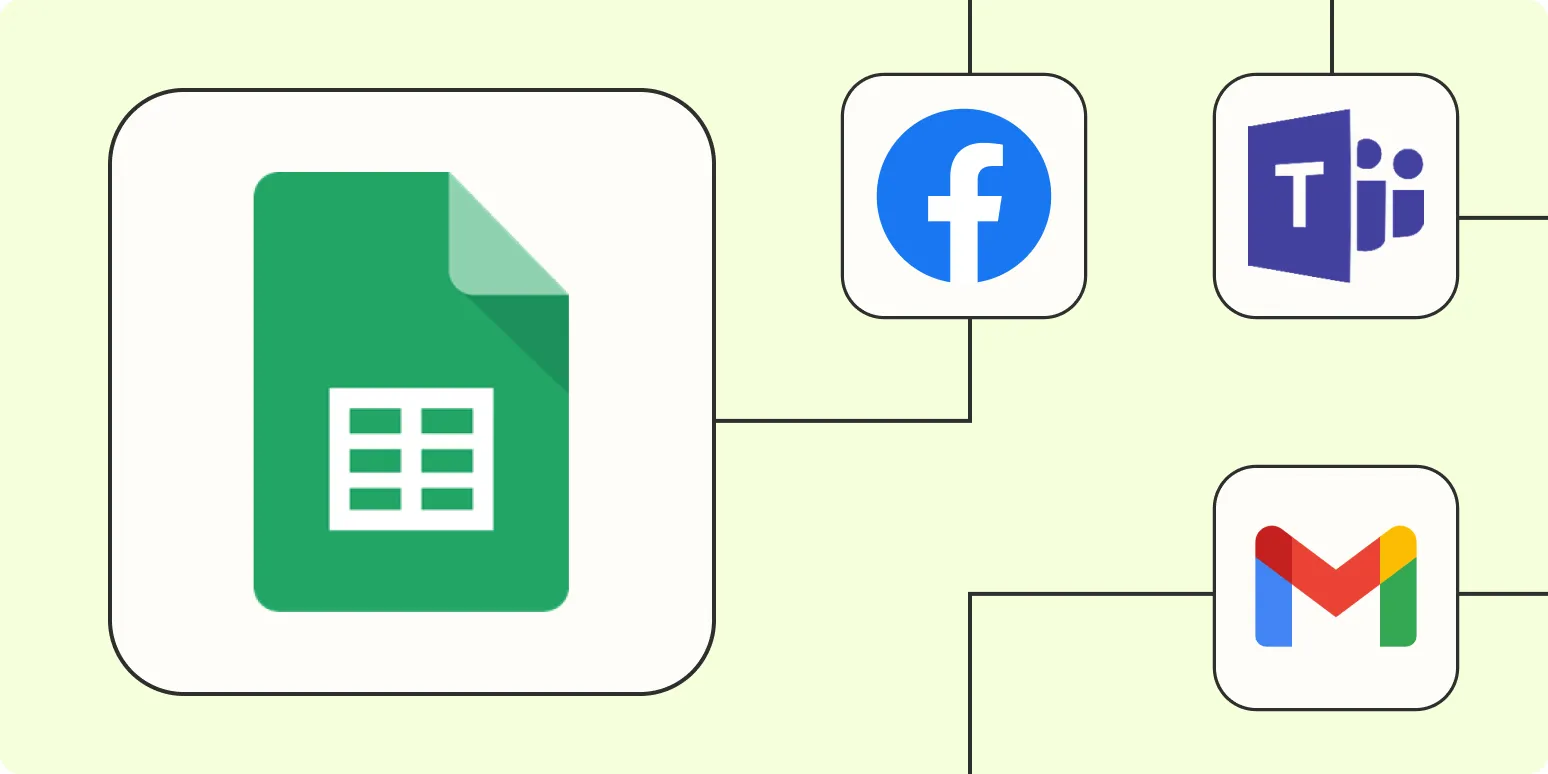1. Automating Data Entry
One of the biggest time-savers in Google Sheets is automating data entry. By using Google Forms in conjunction with Google Sheets, you can streamline the process of collecting data. For instance, if you’re managing customer feedback or tracking sales leads, creating a Google Form to collect this information can save you hours of manual entry. The responses are automatically populated into a Google Sheet, allowing you to focus on analyzing the data rather than entering it. This method is particularly effective for businesses that rely on customer input, as it keeps your data organized and easily accessible.
2. Utilizing Google Sheets Add-ons
Google Sheets offers a variety of add-ons that can significantly enhance your workflow. For example, using add-ons like Autocrat can automate the creation of personalized documents from your spreadsheets. This is especially useful for generating invoices or reports based on data in your sheets. By setting up templates and automating the document creation process, you can ensure accuracy and save valuable time. Explore the Google Workspace Marketplace to find other useful add-ons that can help automate tasks within your organization.
3. Scheduling Automatic Email Reports
Keeping your team informed is crucial for maintaining productivity. Google Sheets can automate email reports that summarize key metrics and data. You can use the Google Apps Script feature to schedule email updates containing the latest data from your sheets. For instance, if you're tracking sales performance, you can set up a weekly report that gets emailed to your sales team, ensuring everyone is on the same page. This eliminates the need for manual updates and allows your team to focus on implementing strategies based on the data provided.
4. Creating Dashboards for Data Visualization
Visualizing data can provide insights that raw numbers cannot. By creating a dashboard in Google Sheets, you can consolidate key metrics into a single view. Using charts and graphs, you can represent data trends, sales performance, and customer feedback visually. This not only makes it easier to interpret data but also helps in making informed business decisions. Dashboards can be updated in real-time, ensuring that you always have the latest information at your fingertips. This is particularly useful for management teams looking to monitor business performance efficiently.
5. Automated Inventory Management
For businesses that deal with physical products, managing inventory effectively is crucial. Google Sheets can be used to automate inventory tracking, updating stock levels as sales are made. By integrating Google Sheets with your e-commerce platform or point-of-sale system, you can ensure that your inventory data is always accurate. You can set up formulas to alert you when stock levels are low, allowing you to restock in a timely manner. This automation reduces the risk of overstocking or stockouts, helping you maintain a healthy supply chain.
6. Streamlining Task Management with Conditional Formatting
Task management is essential for any business, and Google Sheets can help streamline this process. By using conditional formatting, you can automatically highlight tasks based on their status or deadline. For example, you can create a project tracker where tasks turn red when they are overdue or green when they are completed. This visual cue allows team members to prioritize their work effectively. Additionally, you can automate reminders for upcoming deadlines by integrating Google Sheets with Google Calendar, ensuring that important tasks are not overlooked.
Conclusion
Incorporating these automation ideas into your Google Sheets workflow can transform the way you organize your business. By automating data entry, utilizing add-ons, scheduling email reports, creating dashboards, managing inventory, and streamlining task management, you can significantly enhance productivity and efficiency. Automation not only saves time but also reduces the risk of errors, allowing your team to focus on more strategic initiatives. As you implement these strategies, consider how each aspect can be tailored to meet the specific needs of your organization and make the most of the powerful tools available through Google Sheets.





